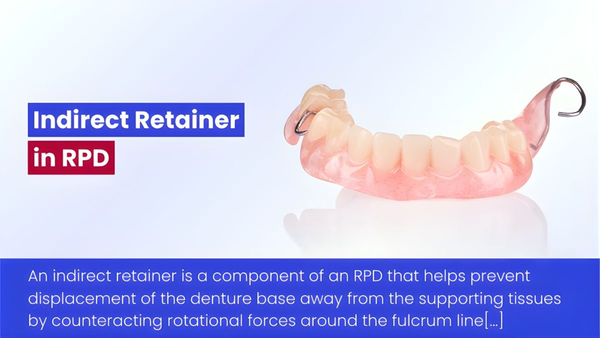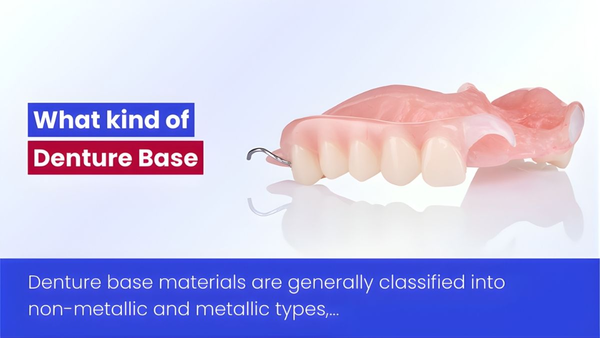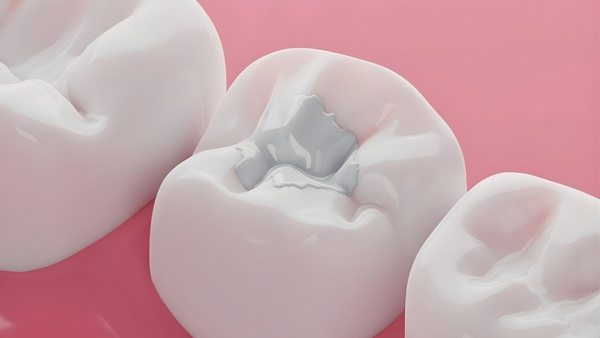Mica glass-ceramics are a unique class of machinable dental materials first developed in the 1970s. Commercially known as Dicor (Dentsply) and its later variations, these ceramics introduced the concept of machinability to dental materials—offering a balance of biocompatibility, moderate strength, and natural tooth-like translucency.
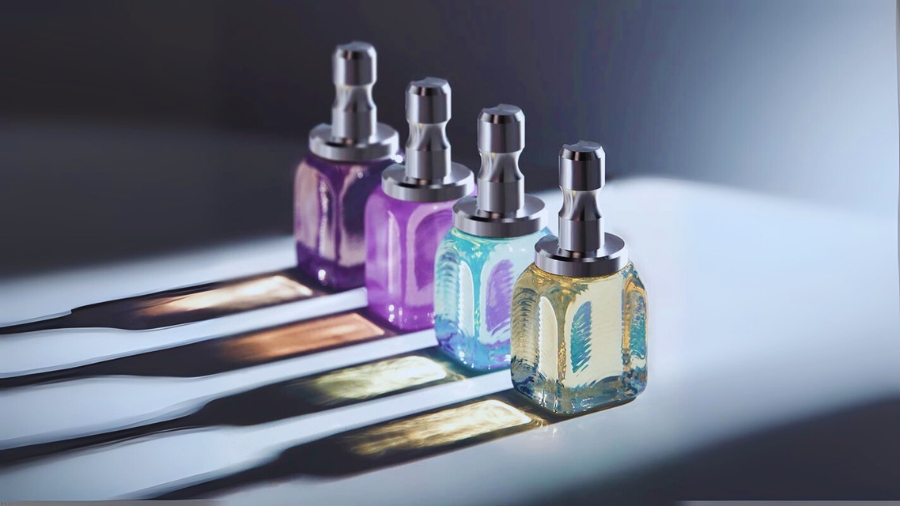
Table of contents [Show]
- Chemical Composition and Crystal Structure
- Material Properties
- Processing Technologies
- Types of Mica Glass-Ceramics
- Framework Design Considerations
- Clinical Applications
- Bonding and Cementation
- Clinical Performance
- Advantages
- Limitations
- Comparison with Modern Ceramics
- Research and Future Perspectives
- Conclusion
Mica glass-ceramics are a unique class of machinable dental materials first developed in the 1970s. Commercially known as Dicor (Dentsply) and its later variations, these ceramics introduced the concept of machinability to dental materials - Offering a balance of biocompatibility, moderate strength, and natural tooth-like translucency. The distinctive plate-like mica crystals dispersed within a glass matrix provide excellent machinability and aesthetics. Although largely surpassed by newer ceramics, mica glass-ceramics remain important for understanding the evolution of dental ceramics and are still valued in specialized applications.

Chemical Composition and Crystal Structure
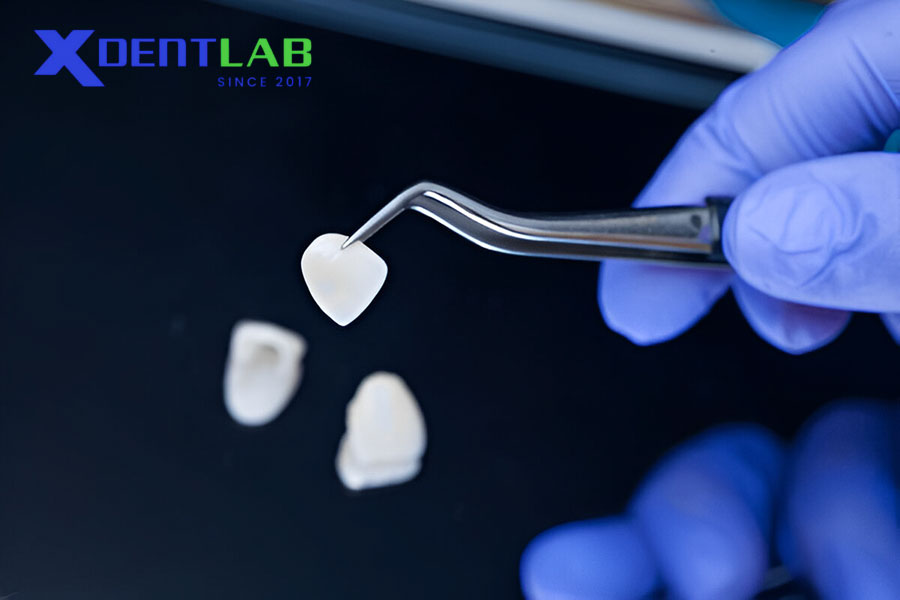
Mica glass-ceramics typically contain:
SiO₂ (45–70%): Glass network former.
Al₂O₃ (8–20%): Strength enhancer.
K₂O (8–12%): Mica former.
MgO (10–20%): Mica crystal component.
F⁻ (4–9%): Essential for mica formation.
ZrO₂ (0–18%): Optional strengthening.
B₂O₃, CeO₂: Modifiers and fluorescence.
The main crystalline phase is fluorophlogopite mica (KMg₃AlSi₃O₁₀F₂), forming plate-like crystals (0.1–20 μm) with a layered, “house of cards” microstructure. Well-processed materials have 35–70% crystalline phase with <1% porosity.
Material Properties
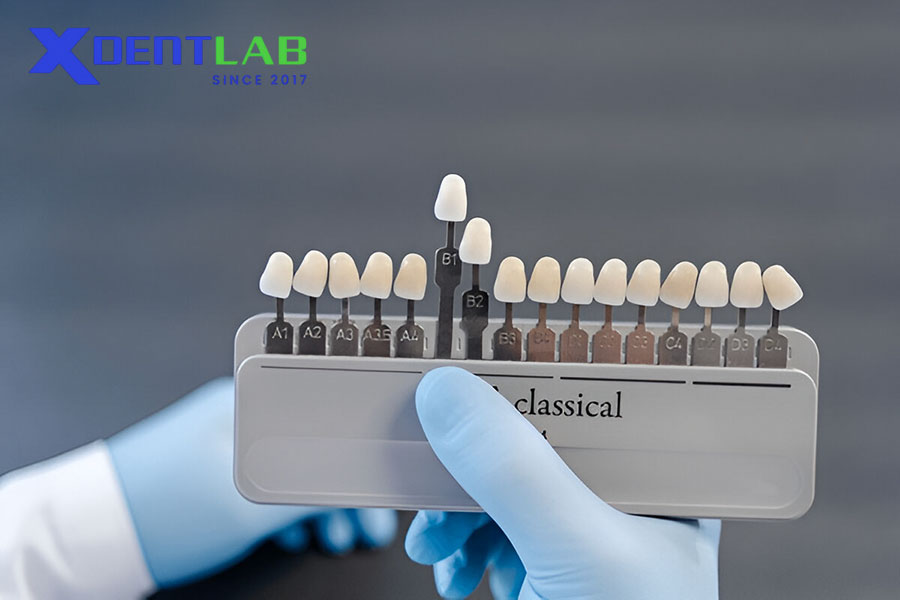
Mechanical Properties
Flexural strength: 120–350 MPa.
Compressive strength: 500–800 MPa.
Fracture toughness: 1.2–2.5 MPa·m^0.5.
Elastic modulus: 60–70 GPa.
Vickers hardness: 3,600–6,200 MPa.
Machinability
Machinability index: 8–10 (excellent).
Low tool wear and dry machining possible.
Surface finish: Ra 0.5–1.0 μm.
Optical Properties
Translucency: Moderate to high.
Refractive index: 1.52–1.55.
Opalescence: Natural tooth-like.
Color stability: Good.
Thermal Properties
Thermal expansion: 9–13 × 10⁻⁶/°C.
Thermal shock resistance: Good.
Processing Technologies
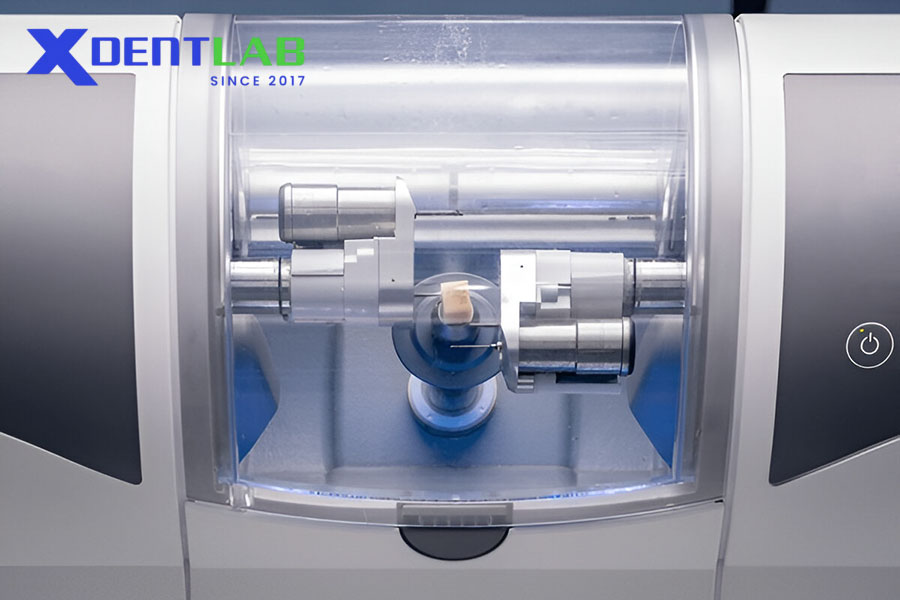
Glass-Ceramic Formation
Manufactured by melting, casting, annealing, nucleation, and crystallization. Controlled cooling prevents cracking.
CAD/CAM Processing
Blocks are pre-crystallized and can be milled dry or wet. No post-crystallization is required—making them ideal for efficient digital workflows.
Lost-Wax and Pressing
Historically, Dicor was processed via lost-wax casting and ceramming. Pressing technology and zirconia-toughened variants have improved strength and machinability.
Types of Mica Glass-Ceramics
First Generation (Dicor): Cast, cerammed, 120–160 MPa strength, excellent translucency.
Second Generation (Dicor MGC): Machinable, 150–230 MPa, CAD/CAM compatible.
Zirconia-Toughened: 250–350 MPa, improved durability, research stage.
Experimental: Nano-mica, bioactive, colored, and hybrid systems.
Framework Design Considerations
Minimum thickness: 1.0–1.5 mm.
Connector dimensions: 4×4 mm.
Margin design: 0.8–1.0 mm shoulder.
Uniform thickness and rounded angles are critical for stress distribution.
Clinical Applications
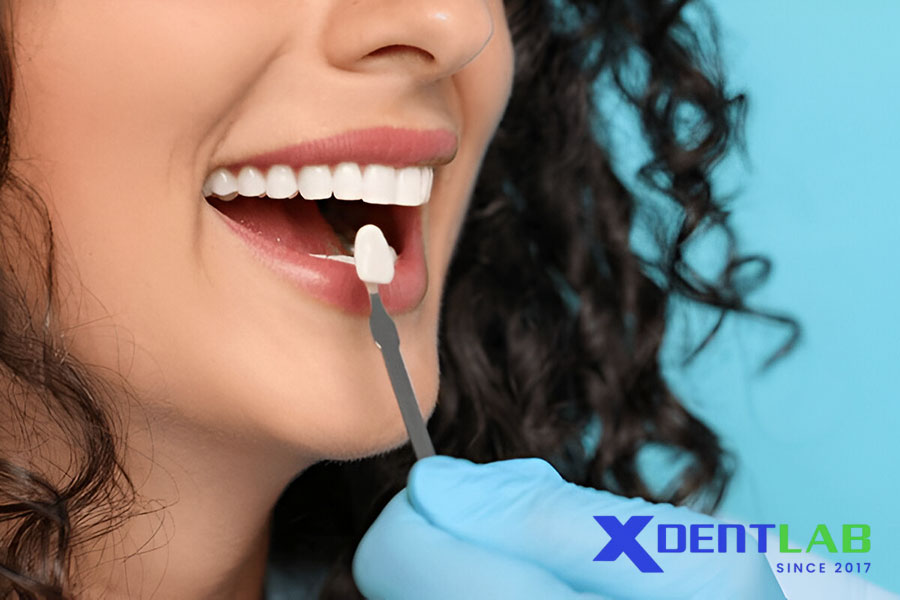
Historical
Anterior crowns, veneers, inlays/onlays, short-span bridges, implant crowns.
Current
Temporary restorations, teaching models, research, specialty cases.
Contraindications
Posterior bridges, heavy occlusion, bruxism, thin sections (<1.0 mm).
Bonding and Cementation
Surface treatment: 9.5% HF etch for 2–4 min, silanization essential.
Cements: Resin cements preferred; dual-cure for thicker restorations.
Bond strength: 15–25 MPa (shear); surface treatment can double bond strength.
Clinical Performance
5-year survival: 75–85% for crowns, 80–90% for veneers.
10-year survival: 60–70% (anterior).
Main failures: Fracture, chipping, debonding, wear.
Decline reasons: Strength limitations, color options, newer materials.
Advantages
Excellent machinability and polishability.
Biocompatibility.
Wear-friendly to opposing teeth.
Thermal insulation.
Repairable with composite.
Limitations
Lower strength than lithium disilicate or zirconia.
Limited clinical indications.
Color limited to surface stains.
Technique-sensitive bonding.
Obsolescence and higher remake rates.
Comparison with Modern Ceramics
Property | Mica Glass-Ceramic | Lithium Disilicate | Zirconia | Leucite-Reinforced |
| Flexural Strength | 120–350 MPa | 400–500 MPa | 900–1200 MPa | 120–160 MPa |
| Machinability | Excellent | Good | Moderate | Good |
| Aesthetics | Good | Excellent | Moderate | Good |
| Indications | Limited | Broad | Broad | Moderate |
Research and Future Perspectives
Zirconia-toughened mica: Promising for higher strength with machinability.
Nanoengineering, bioactive, and hybrid systems: Potential for revival in niche or specialized applications.
3D printing and AI design: Opportunities for future integration.
Conclusion
Mica glass-ceramics were pioneers in machinable dental ceramics, offering a unique blend of machinability, biocompatibility, and moderate strength. While largely replaced by stronger ceramics, they remain relevant for education, research, and select clinical cases. Ongoing research into zirconia-toughened and hybrid systems may see their properties further enhanced for future applications.
XDENT LAB – Your trusted partner in dental innovation, quality, and global lab-to-lab service.
XDENT LAB is an expert in Lab-to-Lab Full Service from Vietnam, with the signature services of Removable & Implant, meeting U.S. market standards – approved by FDA & ISO. Founded in 2017, XDENT LAB has grown from local root to global reach, scaling with 2 factories and over 100 employees.. Our state-of-the-art technology, certified technicians, and commitment to compliance make us the trusted choice for dental practices looking to ensure quality and consistency in their products.
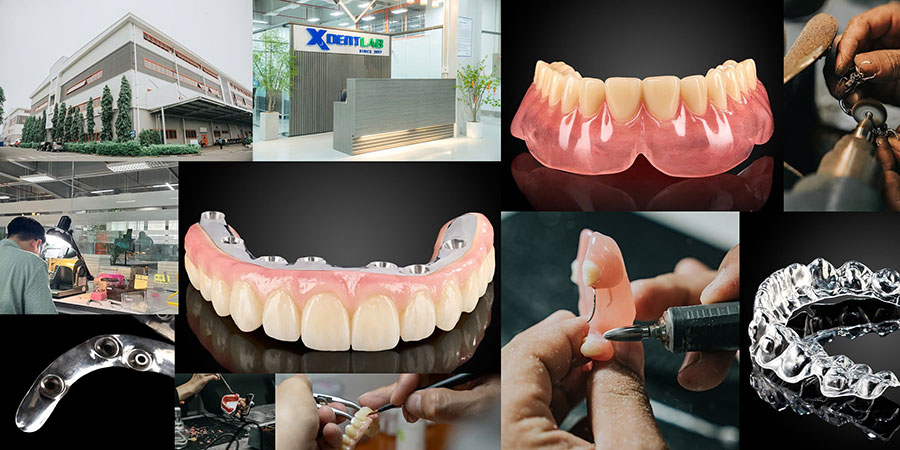
Our commitments are:
100% FDA-Approved Materials.
Large-Scale Manufacturing, high volume, remake rate < 1%.
2~3 days in lab (*digital file).
Your cost savings 30%.
Uninterrupted Manufacturing 365 days a year.
Contact us today to establish a strategy to reduce operating costs.
--------❃--------
Vietnam Dental Laboratory - XDENT LAB
🏢 Factory 1: 95/6 Tran Van Kieu Street, Binh Phu Ward, Ho Chi Minh City, Vietnam
🏢 Factory 2: Kizuna 3 Industrial Park, Can Giuoc Commune, Tay Ninh Province, Vietnam
☎ Hotline: 0919 796 718 📰 Get detailed pricing
Share this post:

